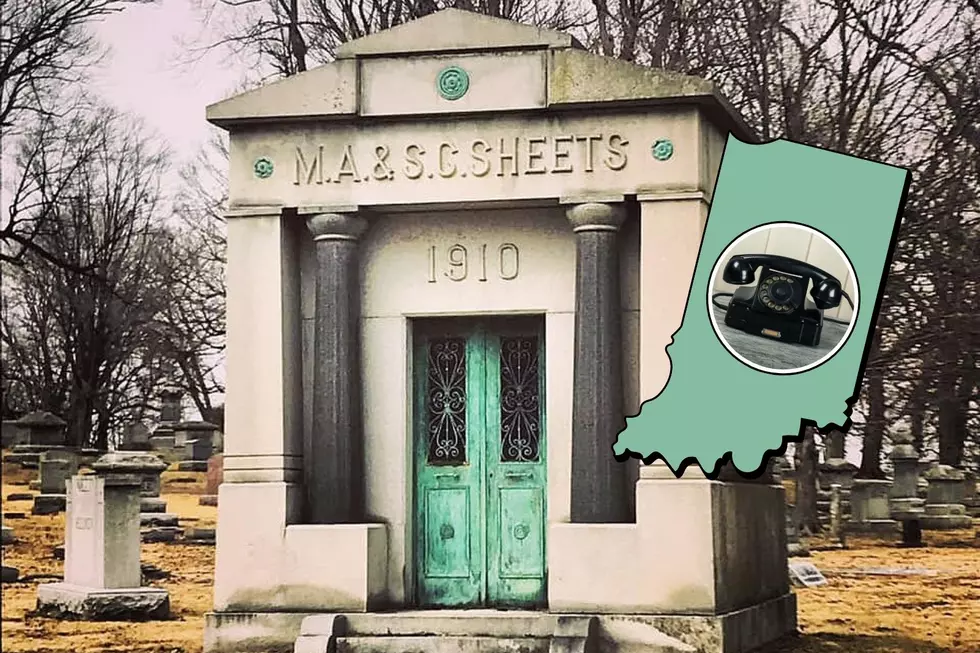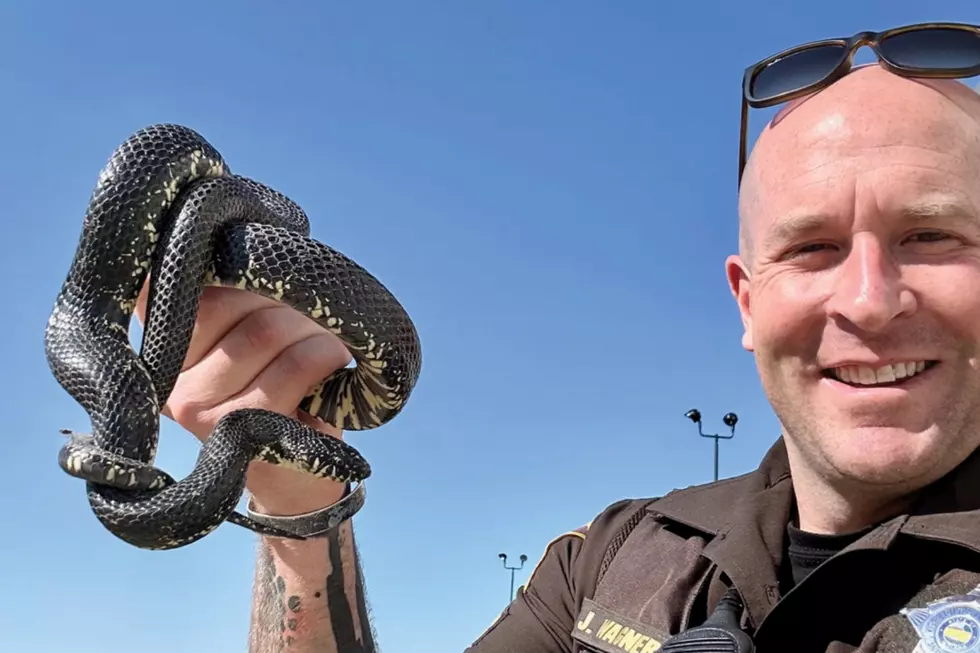
Can a New Sports Bra Really Detect Breast Cancer?
Is possible for a bra to detect breast cancer?
Well, according to First Warning Systems, the answer is a resounding yes. The Reno, Nevada-based company says they have invented a sports bra that comes complete with built-in heat sensors that can allow doctors to see malignancies through a state-of-the-art thermal imprint.
The company’s website says the bra can detect cancer with 90 percent specificity and sensitivity after only 12 hours of use, at which point the measurements are fed into the company’s algorithm for results reading either benign, suspected for breast-tissue abnormalities, or probably for breast-tissue abnormalities.
While this new bra might sound like the next best thing since sliced bread, critics argue that the thermal technology may be premature. "Hypothetically, it's conceivable that malignant processes would have a temperature gradient compared to non-malignant tissues," says Dr. Therese Bevers, medical director of the cancer prevention center at the University of Texas M.D. Anderson Cancer Center. "But that gradient may not be very large.”
Medical experts say that thermograms are already being used by the industry to detect abnormal cells, but unfortunately the “hot” and “cold” spots that are supposed to indicate cancerous and non-malignant tissue, respectively, are not always accurate. "We see some thermograms come back as abnormal, and we do all kinds of imaging with mammogram, ultrasound and MRI and we follow the women and nothing develops," says Bevers. "And we have women with breast cancers that are not seen on the thermograms.
So, can First Warning’s new sport bra really predict cancer? It is possible, but medical experts say there will likely need to be more testing done on thermogram-type technology before the medical industry can begin using it as an integral part of cancer screening.
"We really need to have more solid data before we start adding on tests, especially when we have tests [like the mammogram, MRI and ultrasound]," says Bevers. Those tests aren't perfect either, but they do have a track record of helping to save lives.
[CNN]
More From WKDQ-FM









